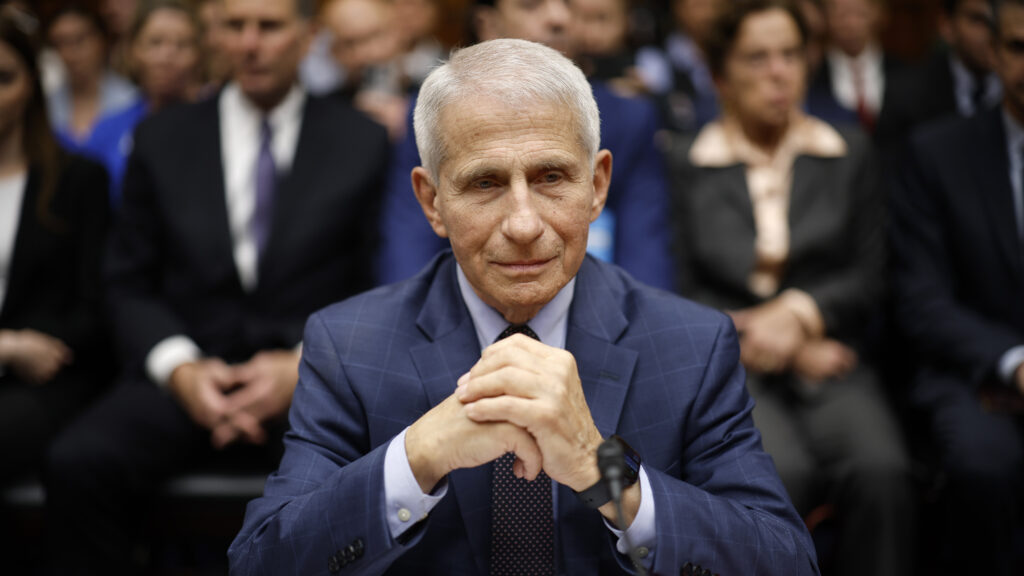Health
Fauci is recovering at home after being hospitalized for West Nile virus infection

Anthony Fauci, former head of the National Institute of Allergy and Infectious Diseases, is recovering at home after being hospitalized for nearly a week due to a West Nile virus infection.
Fauci, a leader of the US Covid-19 response, spent six days in hospital as doctors tried to figure out what was responsible for his illness. He was thought to have a bacterial infection, or been infected with a tick-borne disease, until a blood test showed he was “strongly positive” for West Nile virus.
Fauci, 83, told STAT he has never been so sick.
“I really felt like I had been hit by a truck,” he said in an interview on Saturday. ‘I have to tell you that I have never been so sick in my life. Ever. This is by far the worst illness I have ever experienced.”
West Nile virus is a flavivirus, a viral family that includes St. Louis encephalitis virus, Japanese encephalitis virus, and Powassan virus. There is no vaccine that protects against it, and no specific antiviral medications to treat it. Severe cases can be treated with supportive care: intravenous fluids and pain medications.
It is spread by infected mosquitoes and is the leading cause of mosquito-borne diseases in the United States. There is a cyclical pattern to West Nile infections, with most cases in this country occurring in August and September.
The vast majority of people who contract the virus develop no symptoms at all. The Centers for Disease Control and Prevention estimates that eight out of 10 infected people fall into this category.
But those who do develop symptoms can become very ill and experience fever, headache, joint pain, vomiting and diarrhea. Older adults – people aged 60 and over – are at greater risk of developing serious illness if they are infected. In about one in 150 cases, the virus invades the central nervous system and can cause encephalitis or meningitis, an inflammation of the membrane surrounding the brain or the spinal cord. About 10% of people who develop nervous system involvement die. Last year 182 deaths in West Nile were recorded in the US
Fauci said he had not developed the neurological form of the disease.
He started feeling ill two weeks ago and assumed he had “a simple upper respiratory infection.” He initially felt “weak and exhausted and tired…. But then the weakness became really profound.” He was admitted to hospital on August 16.
His temperature spiked and rose to 103 Fahrenheit. For several nights in a row, Fauci suffered from hours-long “chills” that would not go away. He has since been released, but said the disease left him so weak that he initially could not stand without assistance. Fauci says he knows a full recovery will take time.
“I just need to rest,” he said. “The good news is that I am definitely going in the right direction. The sobering news is that it will be weeks and weeks before we get back to normal. That is the history of West Nile. It just destroys you so much.”













